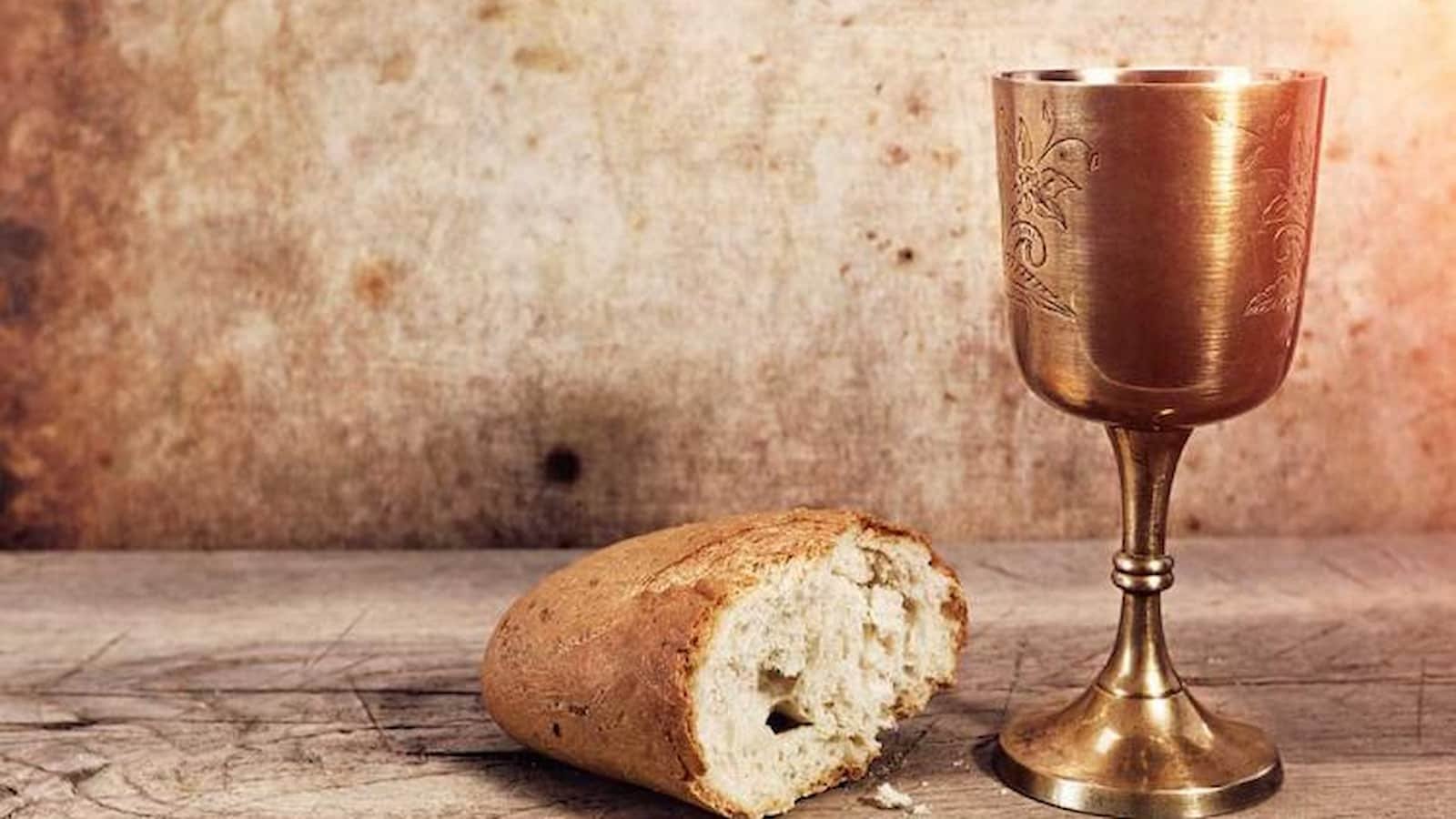Corpus Christi 2024: Corpus Christi, or The Feast of Corpus Christi, is an annual Christian festival that takes place on the Thursday following Trinity Sunday, which falls on May 30 this year. Devout Christians convene on this day to pay tribute to the sacrosanct body of Jesus Christ.
The day is also referred to as Corpus Domini, which translates to “body and blood of Christ,” and it is also known as the Feast of Corpus Christi by some. In contrast to other Christian festivals, Corpus Christi is observed in a manner that is distinctive to various cultures worldwide. Bread and wine, which represent the body and blood of Christ, are the most prevalent methods of commemorating the day.
The solemnity of the Most Holy Body and Blood of Christ is also referred to as the Feast of Corpus Christi, and the Church of England refers to it as the Day of Thanksgiving for the Institution of Holy Communion. In certain regions, Christians participate in elaborate processions that involve the parade of consecrated bread through the streets on paths adorned with floral wreaths. After the solemn observance of Maundy Thursday, the Feast of Corpus Christi is a more joyous commemoration.
Corpus Christi: Origin
The Solemnity of the Most Holy Body and Blood of Christ is also referred to as Corpus Christi or the Feast of Corpus Christi. The Roman Catholic Church celebrates this festival to commemorate the body of Jesus Christ in the Eucharist. The day is commemorated on either the Thursday or the Sunday following Trinity Sunday. In numerous countries, it is recognized as a public holiday.
In the past, the Feast of Corpus Christi was one of the few feasts that ordinary people promoted. Juliana of Liège, a canoeist from contemporary Belgium, initiated the tradition in the 13th century. She desired a feast day that was not connected to Lent in order to commemorate the Eucharist. Juliana collaborated with a young friar named John of Lausanne to establish the feast day after experiencing numerous visions of Christ, which commenced at the age of 16. She dedicated more than four decades to the pursuit of this objective. They collaborated to establish an office through which they could commemorate the feast. They were successful, and in 1246 their diocesan bishop finally approved the texts.
On August 11, 1264, Pope Urban IV declared Corpus Christi a feast day. The popularity of Corpus Christi increased as it spread to nearby cities and villages, thanks to the efforts of Eva of Liège. Eva, an anchor, continued Juliana’s duties following her death. Ironically, Urban IV’s successors did not follow his decree and suspended the festival. At the Council of Vienne in 1311, Pope Clement IV reinstituted the feast.
The Catholic Church is more likely to implement the holiday than government bodies. Nevertheless, the day, which is occasionally referred to as Holy Thursday, is widely recognized as a day of celebration. The celebration of Corpus Christi is unique to each region, but it is mandatory to consume bread and wine. Corpus Christi did not become one of the church’s principal feasts until the 15th century. In Catholic religions, the festival is commemorated with a street procession and spectacle, which are typically conducted in the vicinity of the parish. The chief priests lead the mass, and followers gather in churches to pray and sing hymns.
The early Eucharistic festivals were extravagant events that involved entire villages and cities. In addition to court officials and military officers, sovereigns and nobles from European Catholic monarchies attended the celebrations. As these grand processions passed by, commoners kneeled outside their residences. Pope John Paul II organized annual demonstrations on the feast day in the modern era, which traversed the streets of Rome from St. Peter’s Square in the Vatican. The Feast of Corpus Christi continues to be one of the most significant celebrations that underscores the fundamental principles of Catholicism and Christianity.
Corpus Christi is not exclusively a Catholic festival; it is also observed in certain Anglican and Lutheran churches, contrary to conventional belief. These churches celebrate in a manner that is significantly distinct from that of their Catholic counterparts. The celebrations of Anglican and Lutheran churches are primarily limited to church events, and they do not engage in street processions. Typically, Protestants do not commemorate the day. The Holy Communion is also a significant component of the festival in the majority of cultures.
Whit Monday (Saint Martin) 2024: Discover its Divine History and Facts
Corpus Christi 2024: Activities
Participate in a procession on the street
On Corpus Christi, the majority of parishes typically organize a street procession. It is an excellent opportunity to engage with the community while savoring the festival’s sights and sounds. Even if you are not a Christian, it is worthwhile to attend a Corpus Christi parade. Consecrated bread is paraded through the streets in certain processions.
Receive Holy Communion
Catholics are required to receive Holy Communion on this day. It symbolizes the body of Christ.
Re-establish a connection with your religious
The power of belief is celebrated on religious holidays. This is an exceptional opportunity to engage in religious activities and cultivate your spiritual well-being.
Corpus Christi 2024: FAQs
What is commemorated on Corpus Christi?
The Eucharist is commemorated as the body of Christ during the Corpus Christi festival.
Is Corpus Christi a religious holiday?
Indeed, Corpus Christi is a religious holiday in countries that are predominantly Catholic.
What is the definition of Corpus Domini?
Corpus Domini is an alternative term for Corpus Christi.
What is the significance of Corpus Christi falling on a Thursday?
Corpus Christi was commemorated on the Thursday following Trinity Sunday in the original General Roman Calendar.
Which nations commemorate Corpus Christi?
Some countries with a predominantly Catholic population, such as Argentina, Haiti, sections of Bosnia and Herzegovina, Brazil, Colombia, Austria, Croatia, Bolivia, Dominican Republic, and East Timor, observe Corpus Christi as a public holiday.
What hue do you wear on Corpus Christi?
Corpus Christi is symbolized by the colors white and purple in the Catholic church tradition. White is a symbol of purity or liberation from sin.
Corpus Christi: Dates
| Year | Date | Day |
|---|---|---|
| 2024 | May 30 | Thursday |
| 2025 | June 19 | Thursday |
| 2026 | June 4 | Thursday |
Abolition Day (Saint Martin) 2024: Activities, FAQs, Dates, History, and Facts about Saint Martin












